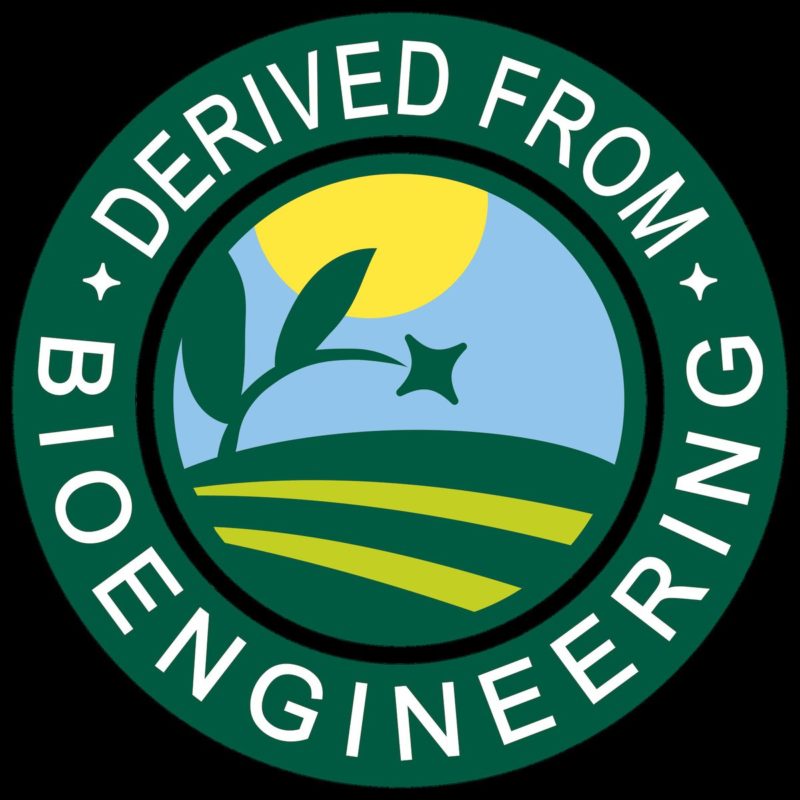The US Department of Agriculture has announced its final rule for labeling products made with genetically engineered (GMO) ingredients, which will now be called “bioengineered.”
In a win for farmers, the new rule states that no disclosure is required on refined foods such as vegetable oils and sugar if the modified genetic material is undetectable.
The agency’s Agricultural Marketing Service (AMS) declined to rule on whether new technologies, such as gene editing, fit the definition of bioengineered. Instead, it prefers to evaluate the “products of technology, rather than solely the technology itself.” That assessment will be made in consultation with other federal agencies during the annual update of its list of bioengineered foods.
The rule includes this list of known bioengineered foods: alfalfa, Arctic apple, canola, corn, cotton, Bt eggplant, ringspot virus-resistant papaya, pink flesh pineapple, potato, AquAdvantage salmon, soybean, summer squash and sugarbeet.
If a food or ingredient is on the list, and regulatory records show that is bioengineered, or do not indicate whether it’s bioengineered, it must be labeled.
Additionally, disclosure is required if any single ingredient contains more than 5 percent of a bioengineered substance, regardless of whether its presence is inadvertent or unintentional. “We believe this approach appropriately balances providing disclosure to consumers with the realities of the food supply chain,” the agency stated.
Disclosure can be done through written text, a symbol, scannable technology accompanied by a 24-hour telephone number to assist those who do not have smartphones or wi-fi access, and text messaging.

The agency also chose not to define the terms “conventional breeding” or “found in nature,” noting that it needed “to retain maximum flexibility” to quickly respond to advances in techniques and technology.
The new rule doesn’t apply to every item food product on a grocery shelf because some ingredients are regulated by other laws. For example, a stew or soup that had meat or broth as its first or second ingredient wouldn’t be subject to labeling, even if it contained genetically engineered corn.
The agency stated that “the final rule is intended to provide for disclosure of foods that are or may be bioengineered to consumers, but also seeks to minimize implementation and compliance costs for the food industry – costs that could be passed on to all consumers.”
To that end, very small food manufacturers, which the agency defined as those with annual receipts of less than $2.5 million, are not subject to the labeling requirements. By adopting that definition, about 74 percent of food manufacturers are exempt from mandatory disclosure, but 96 percent of products will still be subject to disclosure.
Additionally, foods sold in restaurants, food trucks, bars and other eating establishments, including salads, soups, and other ready-to-eat items prepared by grocery stores, are exempt from the disclosure requirements.
Imported foods will be subjected to the same labeling requirement as those produced domestically.
The final rule addresses some of the more than 14,000 comments submitted in response to the proposed rule during in the public comment, which closed July 3, 2018. The rule defines and clarify various aspects of the labeling law that Congress passed in 2016.
Mandatory compliance is required by Jan. 1, 2022.
